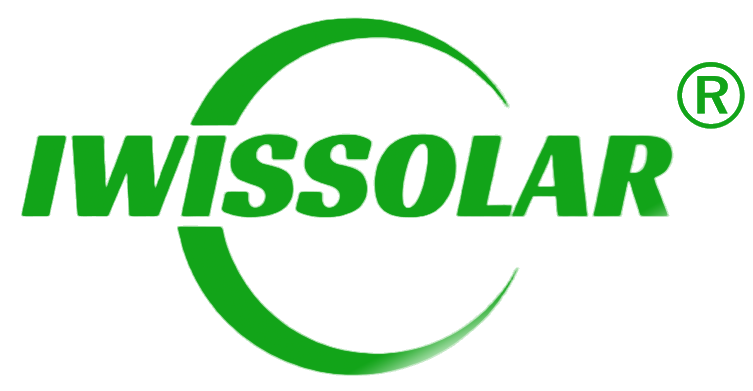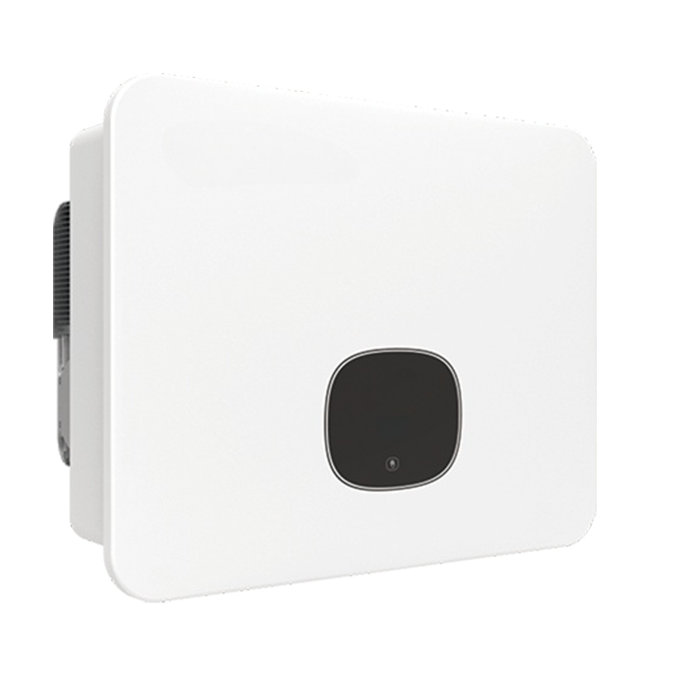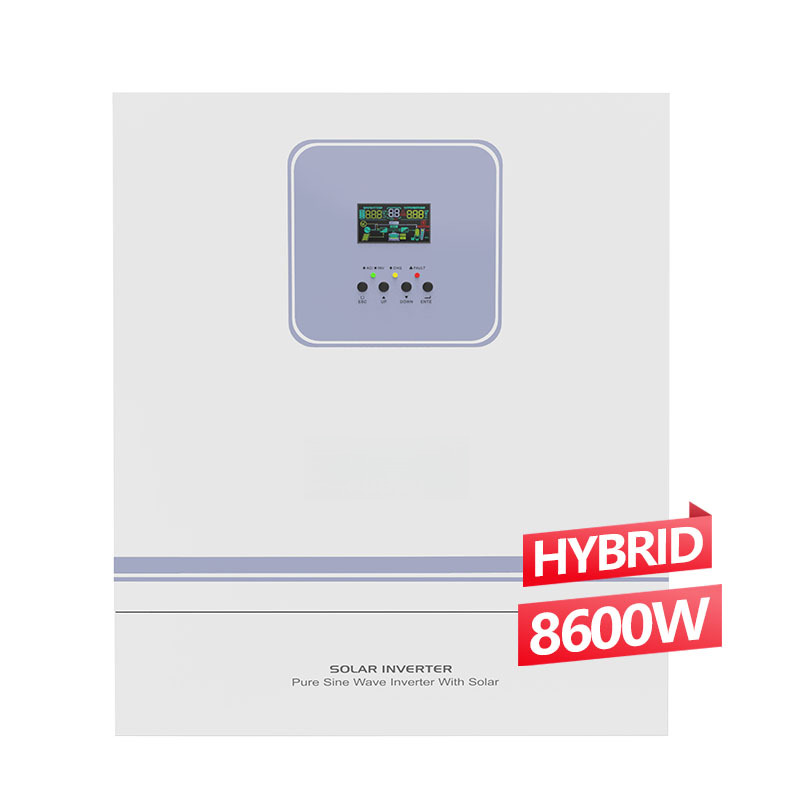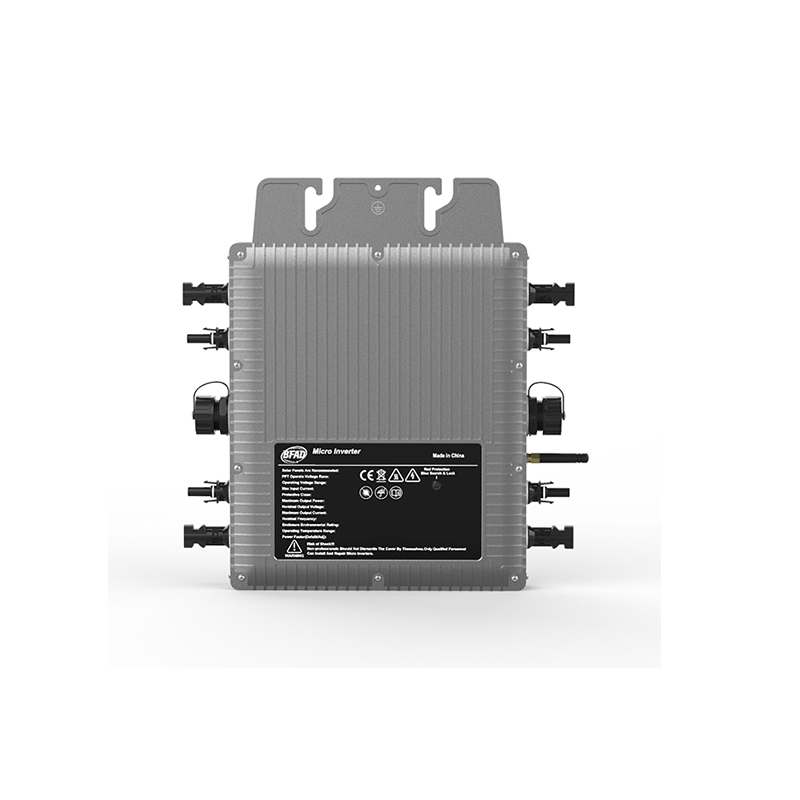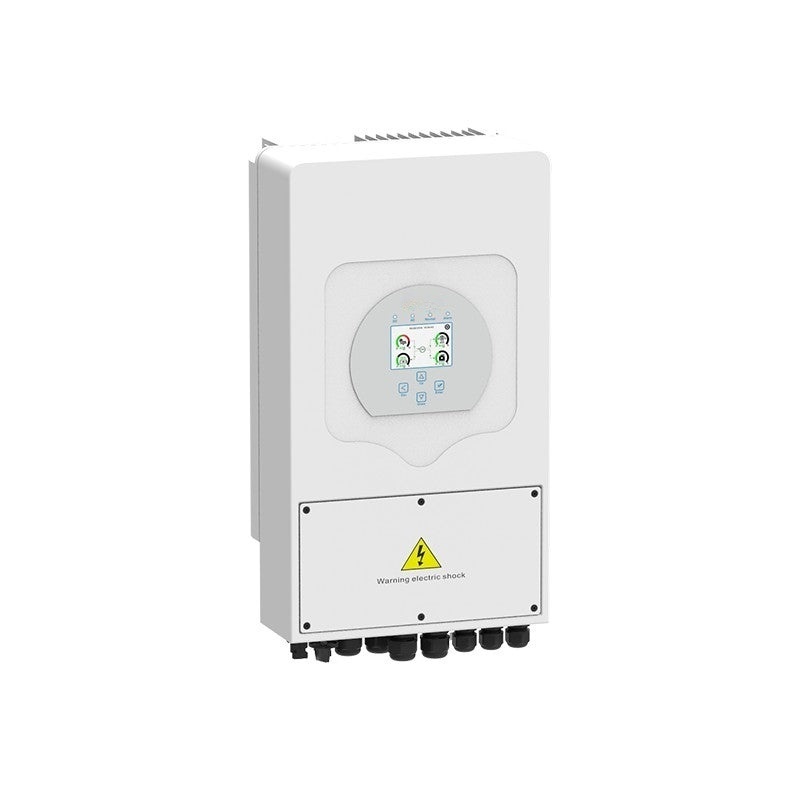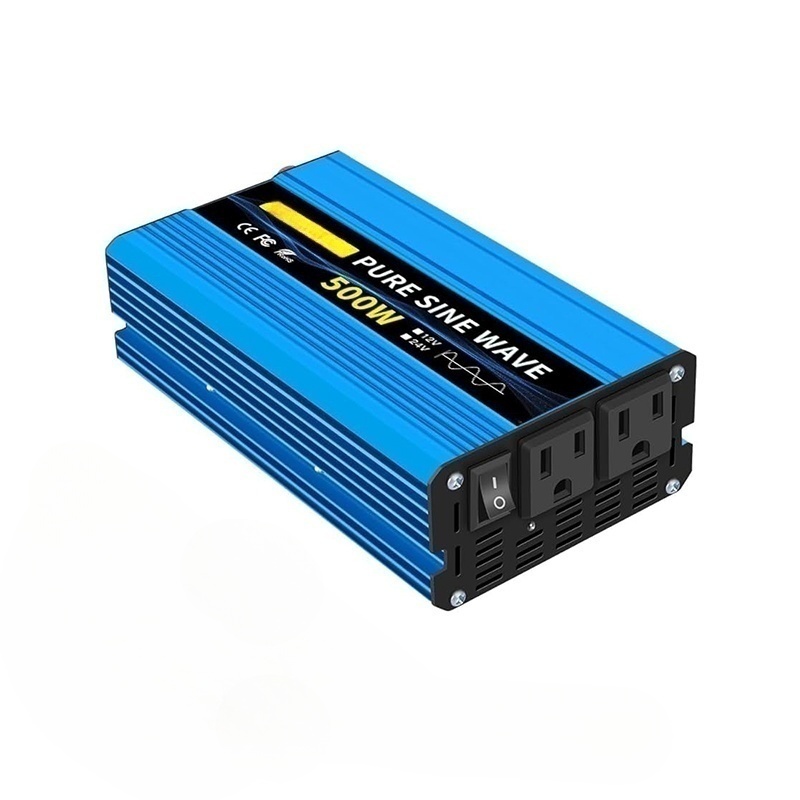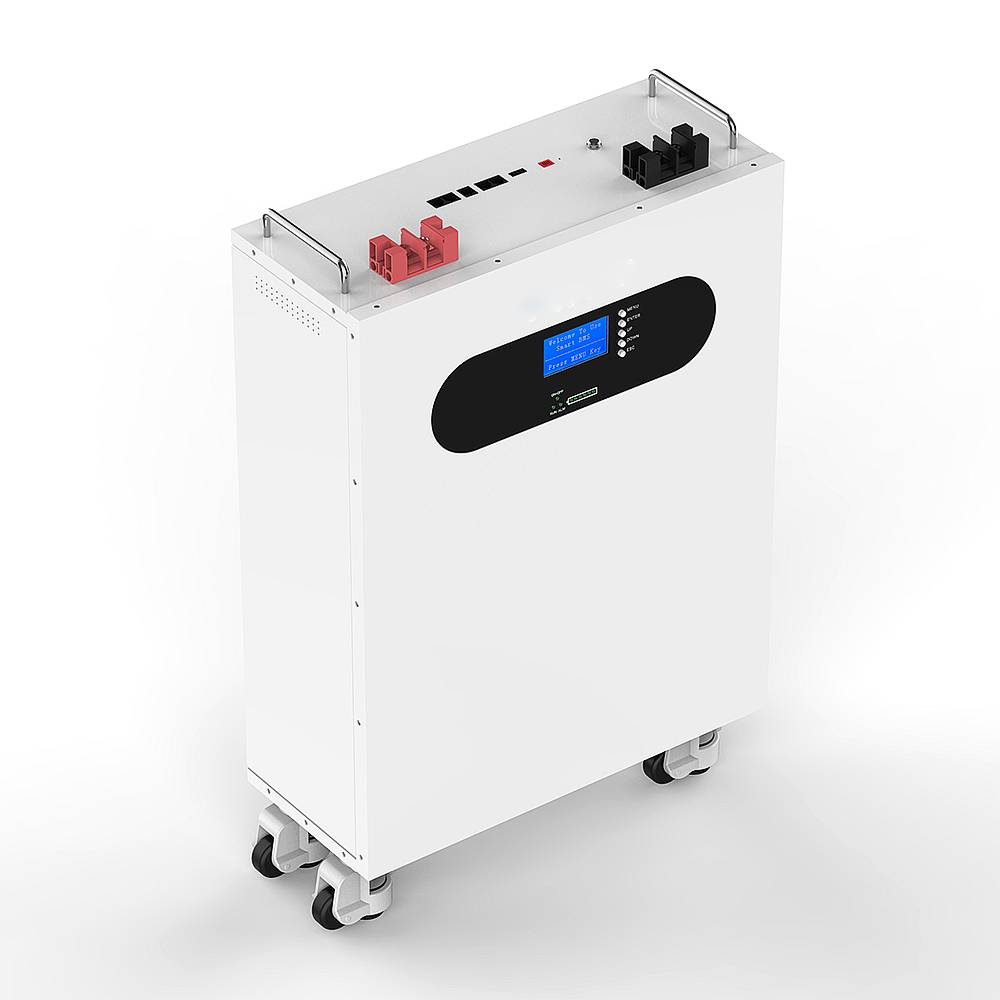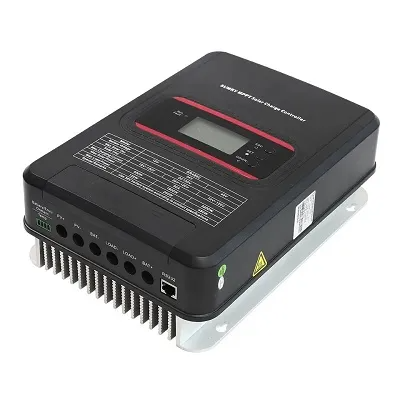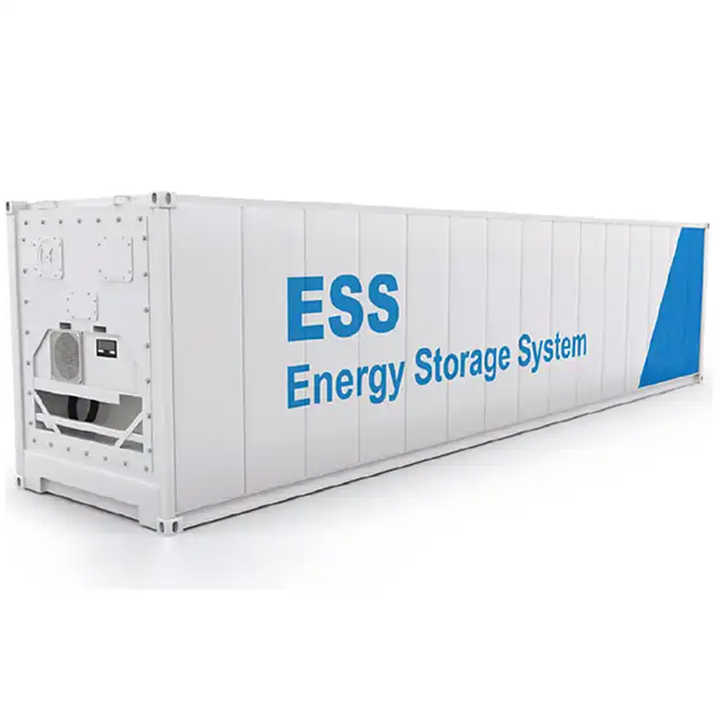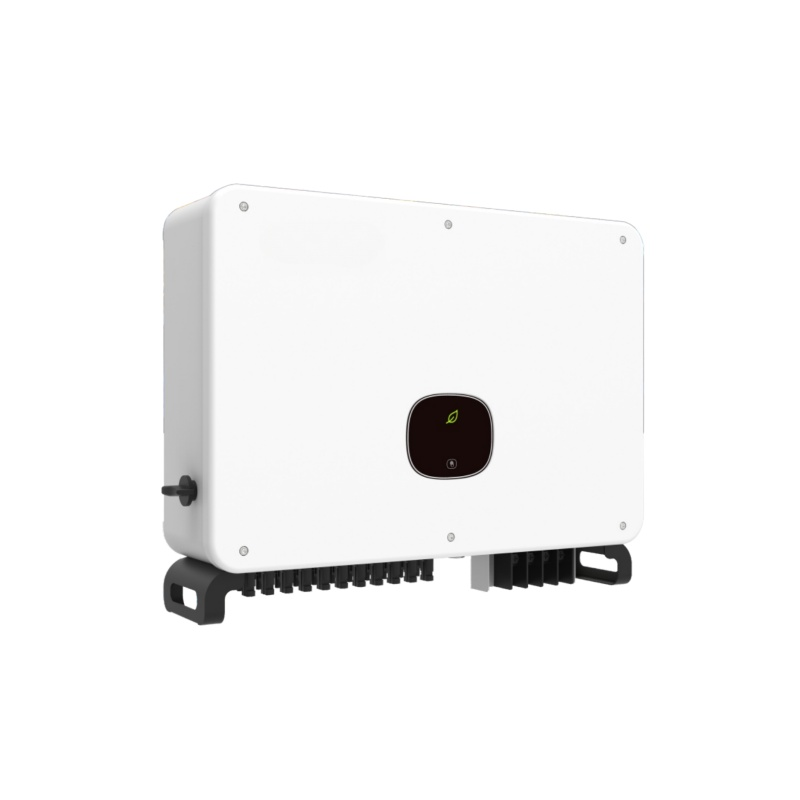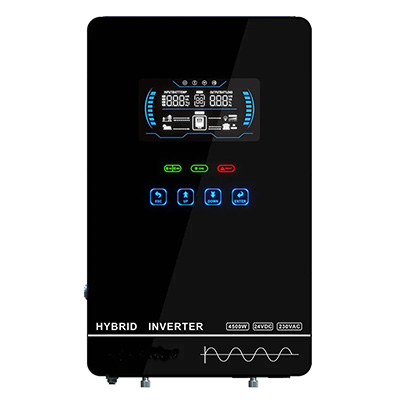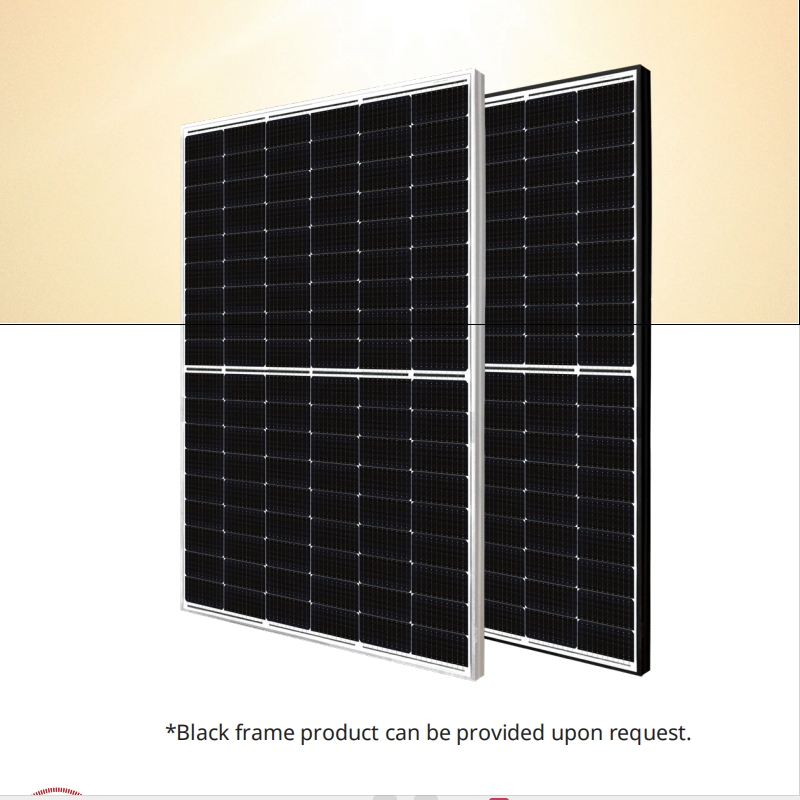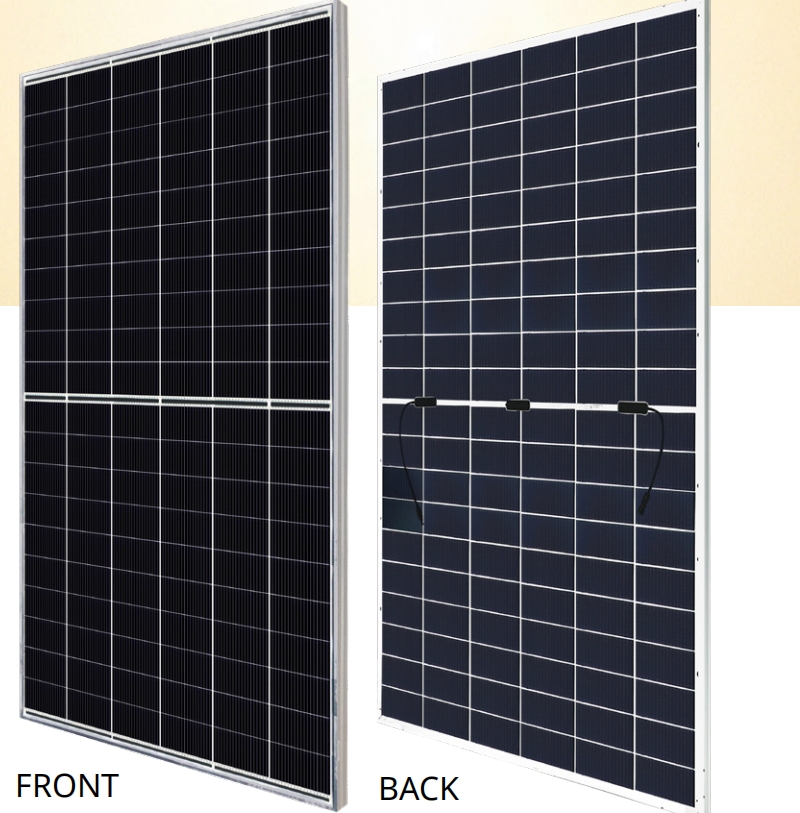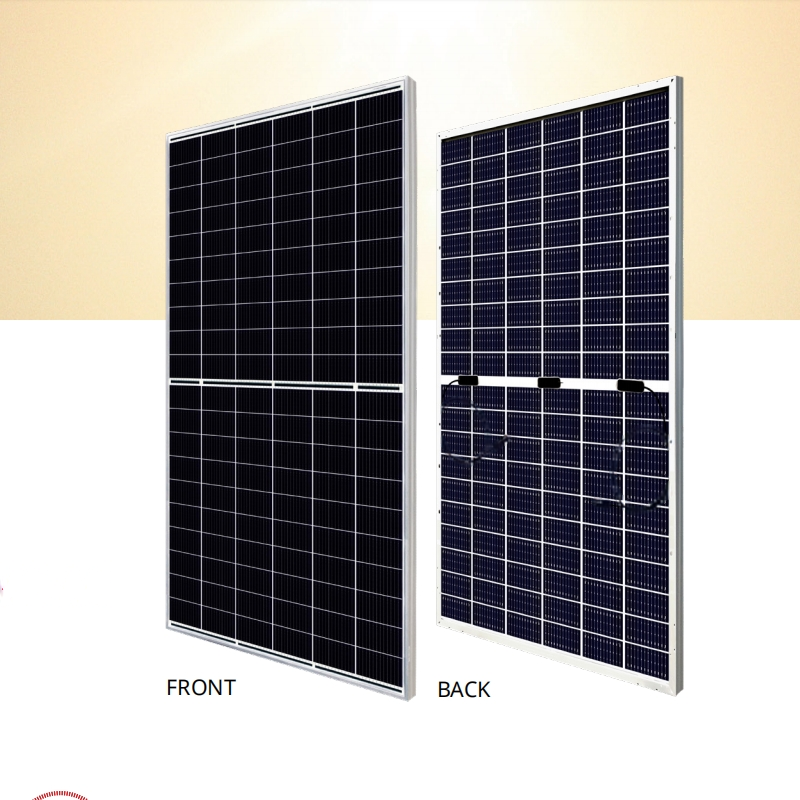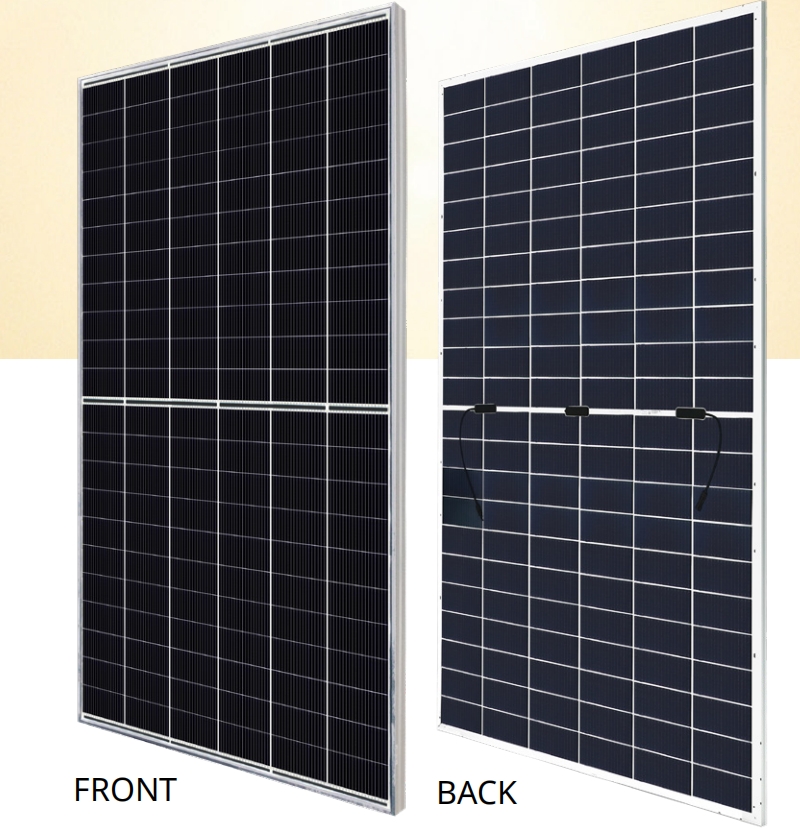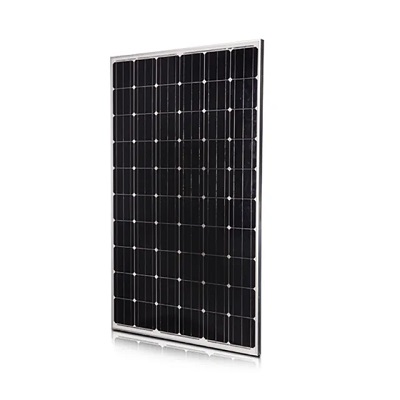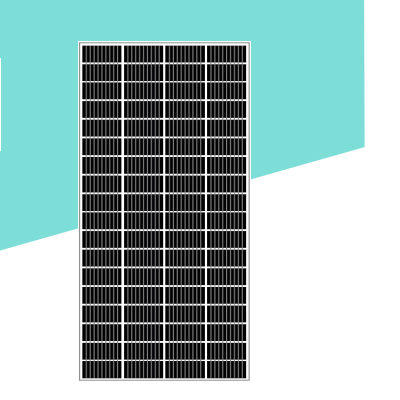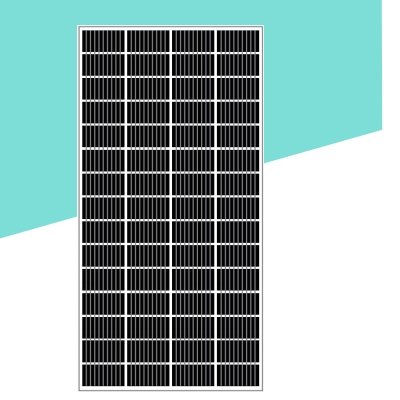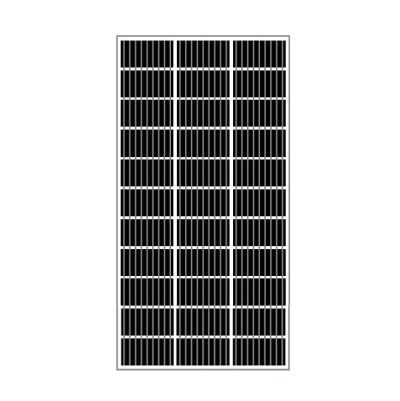How to Pick the Best Off-Grid Solar Inverter Manufacturers in 2025
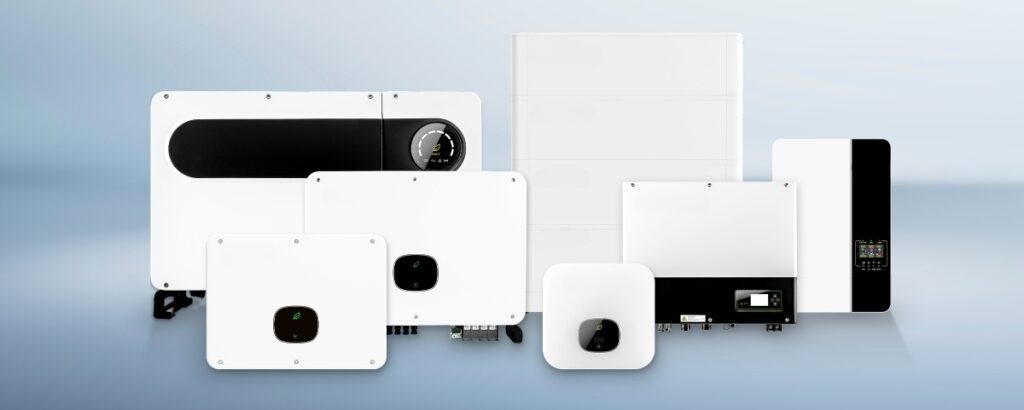
Part 1. Iwis Solar Manufacturers in China
Custom Solar Products For Your Industries
Part 2.Introduction to Off-Grid Solar Inverters
Before exploring how to pick the best manufacturers, let’s establish what an off-grid solar inverter is and why it’s so crucial. Unlike grid-tied inverters, which rely on the utility grid and shut off during outages, off-grid inverters operate independently, often paired with battery storage to provide consistent power day and night. They are the backbone of any off-grid solar system, ensuring that the energy captured from the sun is usable for your home, cabin, or business.
Why Off-Grid Solar Inverters Matter
- Energy Independence: They enable you to generate and use your own power, free from utility companies.
- Reliability in Remote Locations: Ideal for rural or isolated areas where grid access is unavailable.
- Backup Power: Perfect for regions with unstable grids, offering uninterrupted electricity during outages.
With such a critical role, the quality of your inverter—and the manufacturer behind it—can make or break your off-grid experience. A poorly chosen inverter might lead to energy loss, frequent breakdowns, or compatibility issues, while a high-quality one ensures efficiency and longevity. Let’s dive into the key considerations for selecting the best off-grid solar inverter manufacturers.
Part 3. Key Factors to Consider When Choosing a Manufacturer
The first step in choosing a solar inverter manufacturer is understanding the different types of inverters available. Each type serves specific needs, and the best manufacturer for one might not excel in another. Here’s a detailed look at the main types:
1. String Inverters
- How They Work: String inverters connect a series (or “string”) of solar panels to a single inverter.
- Best For: Homes or businesses with unshaded roofs and straightforward layouts.
- Pros: Cost-effective, simple to install, and widely available.
- Cons: If one panel is shaded or underperforms, it can reduce the output of the entire string.
2. Microinverters
- How They Work: Microinverters are installed on each solar panel, converting DC to AC at the panel level.
- Best For: Roofs with shading, complex designs, or varying panel orientations.
- Pros: Maximizes energy production per panel, ideal for challenging installations.
- Cons: Higher upfront cost and more components to maintain.
3. Hybrid Inverters
- How They Work: Hybrid inverters work with both solar panels and battery storage systems.
- Best For: Homeowners planning to add energy storage now or in the future.
- Pros: Offers flexibility for off-grid or grid-tied systems with backup power.
- Cons: Can be more expensive and complex to install.
4. Central Inverters
- How They Work: Central inverters handle large arrays of panels, typically in commercial or utility-scale projects.
- Best For: Solar farms or large industrial installations.
- Pros: High power capacity and efficiency for big systems.
- Cons: Not practical for residential use due to size and cost.
Key Takeaway: Identify your system’s needs before researching manufacturers. For example, if you need microinverters, you’ll focus on companies specializing in that technology rather than those known for string inverters.
What Other Solar or Power Products You Want
Custom Solar Products For Your Industries
We provide custom solutions to all our customers and offer free consulting or samples that you can take advantage of.
Part 4. Key Factors to Consider When Choosing a Solar Inverter Manufacturer
Picking the right manufacturer involves evaluating several essential factors. These criteria will help you identify companies that produce reliable, efficient, and future-ready inverters tailored to off-grid needs.
1. Reliability and Durability
Off-grid inverters often operate in challenging environments—think remote cabins exposed to extreme weather or dusty rural settings. Reliability and durability are non-negotiable.
- What to Look For: Inverters with robust build quality, high IP ratings (e.g., IP65 for dust and water resistance), and a history of minimal failures.
- Why It Matters: In remote locations, repairs can be costly and time-consuming. A durable inverter reduces downtime and maintenance hassles.
- Example Scenario: Imagine living in a mountain cabin where snow and wind are constant. A top manufacturer’s inverter should withstand these conditions without faltering.
Leading manufacturers prioritize rugged designs and rigorous testing to ensure their products endure harsh climates and continuous use.
2. Efficiency Ratings
Efficiency measures how much solar energy is converted into usable power. Higher efficiency means less waste and more electricity for your needs.
- Key Benchmark: Look for inverters with efficiency ratings of 95% or higher—some premium models reach 98-99%.
- Impact: A 2% efficiency boost might seem small, but over years of use, it translates to significant energy savings, especially in off-grid systems where every watt counts.
- How It’s Measured: Efficiency is tested under standard conditions, reflecting real-world performance.
The best off-grid solar inverter manufacturers consistently deliver high-efficiency products, maximizing the return on your solar investment.
3. Technology and Features
Advanced technology sets top manufacturers apart. Modern inverters come with features that enhance performance and user convenience.
- Maximum Power Point Tracking (MPPT): Optimizes energy harvest by adjusting to sunlight variations—crucial for off-grid setups with limited solar hours.
- Smart Monitoring: Wi-Fi or app-based systems let you monitor energy production and battery status remotely.
- Future-Proofing: Look for innovations like AI diagnostics or grid-forming capabilities, which may become standard by 2025.
- Battery Management: Built-in chargers and seamless battery integration ensure efficient energy storage.
Manufacturers investing in cutting-edge features provide inverters that adapt to evolving energy needs and improve system performance.
4. Compatibility with Other System Components
Your inverter must work harmoniously with your solar panels, batteries, and other equipment.
- Voltage Matching: Confirm the inverter supports your battery voltage (e.g., 12V, 24V, 48V) and panel output.
- Battery Types: Some inverters are optimized for lithium-ion, others for lead-acid—check compatibility with your setup.
- Scalability: If you plan to expand your system, choose manufacturers offering modular inverters.
A manufacturer that simplifies integration reduces installation headaches and ensures long-term flexibility.
5. Warranty and Support
A strong warranty and reliable support are vital for off-grid systems, where downtime can disrupt daily life.
- Warranty Duration: Seek 5-10 years minimum; top brands may offer 25 years on certain components.
- Coverage Details: Ensure it includes parts, labor, and ideally shipping or on-site service.
- Support Availability: Manufacturers with local service centers or responsive remote support (phone, email) are preferable, especially in remote areas.
A manufacturer’s commitment to support reflects confidence in their product’s durability and their dedication to customers.
6. Price and Value for Money
While budget matters, the cheapest option isn’t always the best for off-grid systems.
- Total Cost of Ownership: A low-cost inverter might save money initially but could cost more due to inefficiency or repairs.
- Balancing Quality and Cost: Compare features, efficiency, and warranty against price for true value.
- Deals: Some manufacturers offer financing or discounts through installers.
Investing in a reputable manufacturer often yields better long-term value through energy savings and reliability.
7. Reputation and Reviews
A manufacturer’s reputation is a reliable indicator of quality.
- Experience: Companies with decades in the industry likely produce refined, dependable products.
- Certifications: Look for IEC, UL, or similar standards ensuring safety and performance.
- Customer Feedback: Reviews and testimonials reveal real-world experiences with the inverter’s performance and support.
- Industry Standing: Awards or endorsements from solar experts signal leadership.
Choosing a well-regarded manufacturer minimizes risks and ensures a trustworthy product.
Part 5.Comparing Top Solar Inverter Manufacturers
To give you a head start, here’s an overview of some leading solar inverter manufacturers, based on their strengths and specialties. This comparison is drawn from general industry knowledge and does not rely on external sources.
SMA Solar Technology
- Origin: Germany
- Specialty: String inverters
- Strengths: Over 40 years of experience, renowned for durability and excellent customer support. Their Sunny Boy series is a residential favorite.
- Best For: Traditional rooftop systems with minimal shading.
Fronius
- Origin: Austria
- Specialty: String and hybrid inverters
- Strengths: Innovative designs with integrated monitoring (Solar.web platform). The Primo and Symo lines are highly efficient and user-friendly.
- Best For: Tech-savvy users seeking smart features.
Enphase Energy
- Origin: USA
- Specialty: Microinverters
- Strengths: Industry leader in microinverter technology, offering panel-level optimization and a 25-year warranty with the IQ series.
- Best For: Shaded roofs or complex layouts.
SolarEdge
- Origin: Israel
- Specialty: String inverters with power optimizers
- Strengths: Maximizes energy harvest with power optimizers and provides robust monitoring. The HD-Wave inverter is lightweight and efficient.
- Best For: Systems needing flexibility and high output.
Huawei
- Origin: China
- Specialty: String inverters
- Strengths: Competitive pricing, high efficiency, and smart features like AI-powered arc detection. Rapidly growing in residential and commercial markets.
- Best For: Budget-conscious buyers wanting modern technology.
How to Choose: Match the manufacturer to your needs. For instance, Enphase excels in microinverters, while SMA and Fronius dominate string inverters.
Part 6.Understanding Inverter Types and Specifications
Not all off-grid inverters are created equal. Knowing the types and technical specs helps you pick a manufacturer aligned with your needs.
Types of Off-Grid Solar Inverters
- Pure Sine Wave: Delivers clean, stable AC power, compatible with all appliances—including sensitive electronics like laptops. The gold standard for off-grid use.
- Modified Sine Wave: Cheaper but produces choppy power, suitable only for basic loads (e.g., lights, fans). Less versatile and not recommended for most setups.
Top manufacturers focus on pure sine wave inverters for their superior performance and compatibility.
Key Specifications
- Continuous Power Output: Measured in watts (e.g., 2000W), it’s the maximum power the inverter can supply steadily. Match this to your energy usage.
- Surge Capacity: Handles short power spikes (e.g., when starting a refrigerator). Higher surge ratings are better for demanding appliances.
- Idle Power Consumption: The energy used when no load is connected—lower is better to preserve battery life.
- Battery Voltage: Must align with your system (e.g., 48V for larger setups).
Manufacturers providing detailed specs make it easier to select the right inverter for your system.
Part 7.Evaluating Manufacturer Reputation
A manufacturer’s reputation is built on consistent quality and customer satisfaction. Here’s how to assess it.
Researching Company History
- Longevity: A company operating for 10+ years has likely weathered market challenges and improved its products.
- Innovation Track Record: Leaders introduce advancements like smart inverters or enhanced battery integration.
Checking Certifications and Standards
- Safety: UL or IEC certifications ensure the inverter meets rigorous safety and performance benchmarks.
- Regional Compliance: Even off-grid systems may need to follow local regulations—verify compliance.
Reading Customer Reviews and Testimonials
- Real-World Insights: Look for feedback on durability, efficiency, and support from forums or retailer sites.
- Red Flags: Frequent complaints about failures or poor service suggest a manufacturer to avoid.
Industry Awards and Recognitions
- Accolades: Awards for innovation or reliability highlight a manufacturer’s excellence.
- Expert Endorsements: Recommendations from solar installers or publications add credibility.
A manufacturer with a strong reputation offers peace of mind and proven performance.
Part 8.Comparing Warranty and Support
For off-grid systems, where reliability is critical, warranty and support are dealmakers.
Warranty Length and Coverage
- Duration: 5-10 years is standard; 25 years is exceptional for premium models.
- What’s Included: Comprehensive coverage (parts, labor, shipping) is ideal.
Availability of Technical Support
- Local Presence: Service centers or certified installers nearby ensure quick fixes.
- Remote Options: Phone or online support is essential for remote users.
Ease of Accessing Replacement Parts
- Availability: Manufacturers stocking spares streamline repairs, reducing downtime.
A manufacturer with robust warranty and support minimizes risks and maximizes uptime.
Part 9.Considering Price and Budget
Balancing cost and quality is key to finding the best off-grid solar inverter manufacturer.
Balancing Cost with Quality
- Avoid Pitfalls: Cheap inverters may lack efficiency or durability, costing more over time.
- Value Focus: Prioritize features and longevity over the lowest price.
Looking for Deals and Discounts
- Promotions: Bulk buys or installer partnerships may lower costs.
- Financing: Payment plans can make premium inverters affordable.
Long-Term Costs
- Efficiency Gains: Higher efficiency reduces energy waste, saving money.
- Maintenance: Reliable inverters with good warranties cut repair expenses.
A slightly higher upfront investment in a top manufacturer often pays off in the long run.
Part 10.Making the Final Decision
With all factors considered, here’s how to finalize your choice.
Weighing All Factors
- Prioritize Needs: If durability is key, focus on rugged designs and long warranties.
- Shortlist: Narrow it to 2-3 manufacturers excelling in your top criteria.
Consulting with Solar Experts
- Installers: Their hands-on experience can guide your decision.
- Communities: Online solar groups offer unbiased advice.
Trusting Your Research
- Confidence: A well-researched choice ensures satisfaction and performance.
Part 11.Conclusion
Part 12.Checklist for Selecting the Best Off-Grid Solar Inverter Manufacturer
Here’s a handy checklist to guide your decision:
- Confirm the manufacturer’s reputation and industry experience.
- Ensure inverters match your system’s technical specs (power, voltage).
- Look for efficiency ratings of 95% or higher.
- Verify compatibility with your panels and batteries.
- Check warranty terms (length, coverage) and support availability.
- Balance initial cost with long-term value.
- Seek certifications and positive customer feedback.
With this detailed roadmap, you’re ready to choose a manufacturer that powers your off-grid future effectively and reliably.
Custom Solar Products For Your Industries
We provide custom solutions to all our customers and offer free consulting or samples that you can take advantage of.
